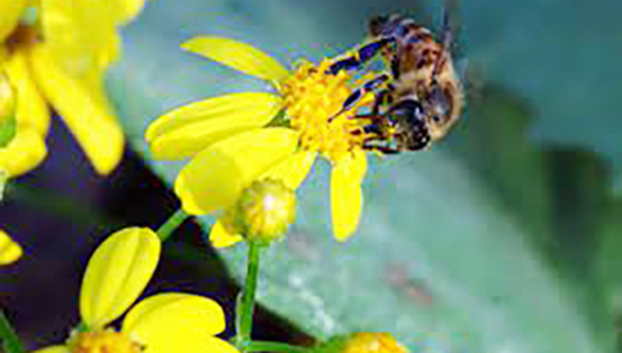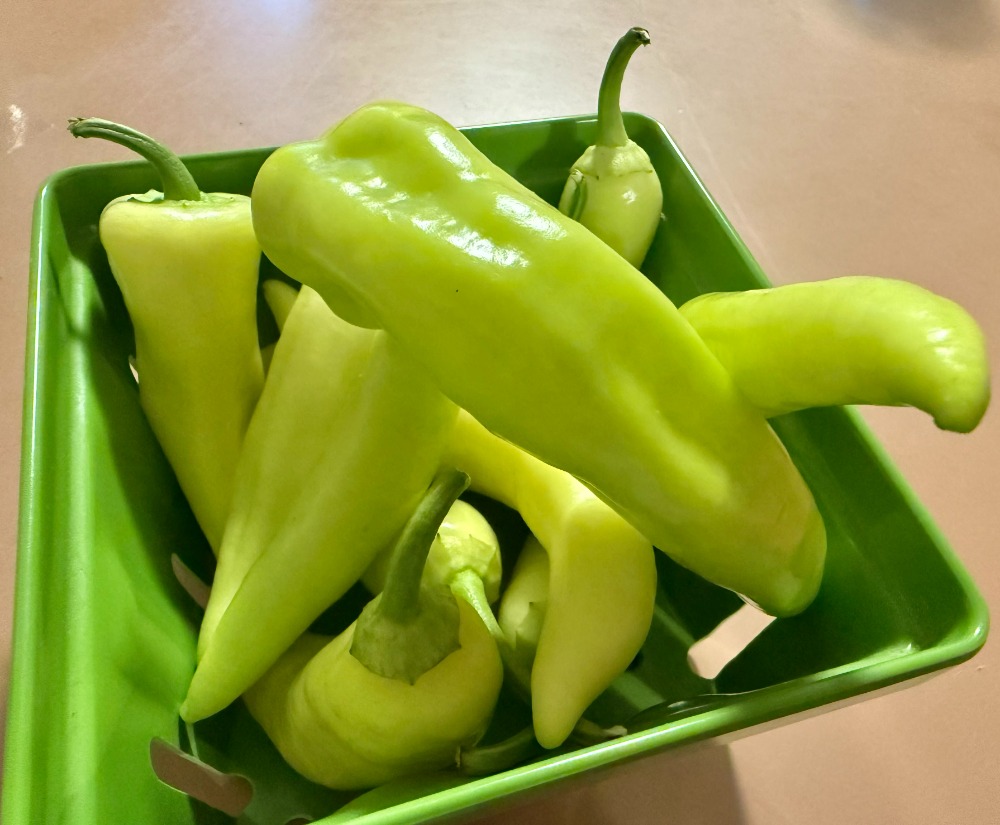MASTER GARDENER: Picking the right tactic is important with garden pest control
Published 12:22 am Saturday, April 16, 2022

- A honeybee is seen foraging. Bees are necessary for pollinating fruits and vegetables, as well as ornamental plants. (Courtesy photo)
|
Getting your Trinity Audio player ready...
|
Hello everyone, I certainly hope each one of you is experiencing our wonderful spring weather, mostly sunny days with moderate temperature makes for pleasant outdoor gardening activities.
It’s time to take advantage of this opportunity and complete gardening tasks while beautifying your outdoor space.
Many of you have already begun creating your personal paradise by planting trees, shrubs, annual and perennial flowers. Some gardeners have also planted vegetable gardens either in the ground, raised beds or containers.
Trending
Growing tomatoes, peppers and other vegetables can be rewarding, especially when harvesting fruits and vegetables.
Once vegetable and flower transplants, shrubs and trees are planted, we need to shift our attention to garden pest control and management.
There are numerous ways to repel the pests, which are insects that like to invade our flower and vegetable gardens. We have a few methods available to help us manage pests in our gardens: chemical, organic and biological.
Note, if choosing the chemical method, there is a risk to spraying the product on growing vegetables which might contaminate them during their growth process.
When using the chemical method, determine which insect is creating the problem, since all chemicals are not the same and will not work on every pest.
It is imperative to read the pesticides’ label, ensuring the insect to be killed is listed.
Trending
Pesticides can be toxic to humans, pets and the environment. Use them carefully and as directed. We must all do what we can to protect bees, and haphazard use of pesticides is known to be harmful to bees, which are necessary for pollinating fruits and vegetables, as well as ornamental plants.
The best time to apply pesticides is early evening, once bees have finished foraging for the day.
If you have beehives, cover them during the pesticide application process.
Besides the chemical method, there are organic and biological choices for pest control, which are more eco-friendly.
For some of us, the moment we step outside, insects are drawn to us! There is a way to fight back against mosquitos, gnats, flies and other pesky flying insects-use essential oils rather than sticky lotions or chemical sprays.
Essential oils are natural bug repellents and insects tend to avoid them.
Some gardeners would rather use a spray instead of planting herbs, and there are several products available that are organic and safe to use.
Neem oil and horticultural soap are two which I use in my vegetable garden and flowers beds and both work very well at eradicating soft bodied insects such as aphids, white flies, thrips, mealy bugs, and mites for a short time but has minimal effect on “good bugs.”
For biological pest control, purchase beneficial insects and release in your garden area but know that once they have destroyed the pests, they will no longer remain.
There are numerous beneficial insects for the different pests and but choosing this method of insect control can quickly become cost prohibitive and results may take longer.
Herbs, when interplanted in vegetable and flower gardens, can help to repel insects.
- Lemon grass, lemon thyme, lemon balm, mint and rosemary repeld house flies and mosquitos.
- Basil, oregano and chamomile repel house flies, mosquitos, carrot flies, white flies and asparagus beetles.
- Chives, dill, catnip, garlic, nasturtium repels ants, aphids, beetles, squash bugs and carrot flies.
- Thyme repels white flies, tomato horn worms and cabbage loppers.
- Parsley repels asparagus beetles.
John Green is an Orange County Master Gardener. If you have specific gardening questions or need more information, contact the Orange County Master Gardeners at 409-882-7010, visit txmg.org/orange, Orange County Texas Master Gardeners Association on Facebook or email extension@co.orange.tx.us.






